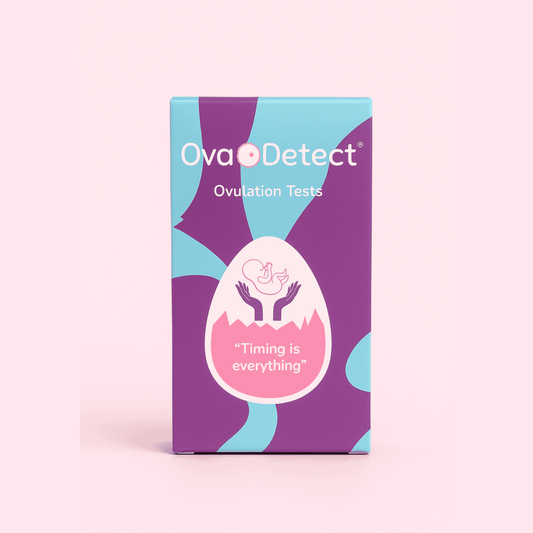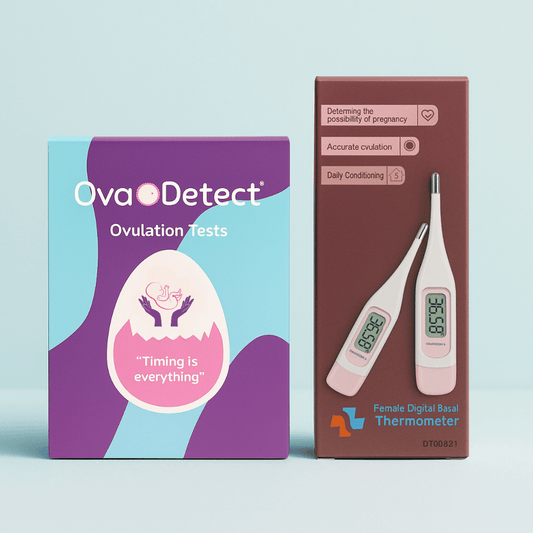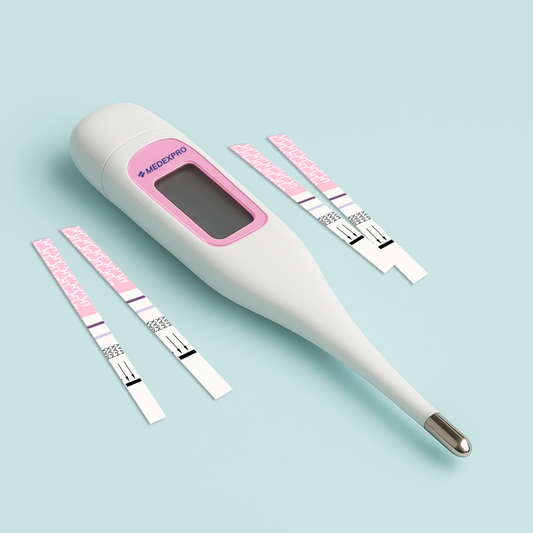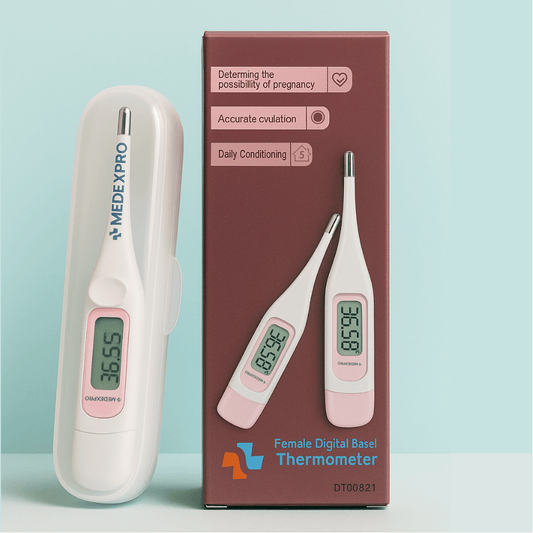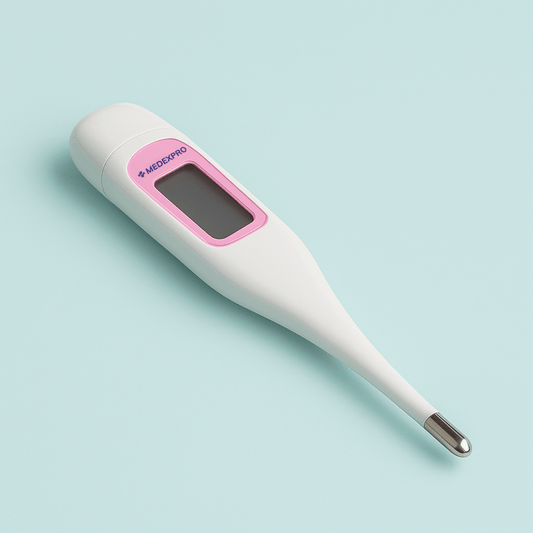Can You Ovulate More Than Once a Month?
Yes and no — and here’s why the answer is nuanced.

When you’re trying to conceive, ovulation becomes something of an obsession — and for good reason. Knowing when your body releases an egg gives you the best shot at timing insemination or intercourse for success. But here’s a question that stirs a lot of curiosity and confusion:
Can you ovulate more than once in a single month?
Let’s break it down — deeply, clearly, and without leaving anything out.
First, What Is Ovulation?
Ovulation is the process where a mature egg is released from one of your ovaries, usually around the midpoint of your menstrual cycle. This egg travels down the fallopian tube and survives for about 12 to 24 hours — during which time it can be fertilised by sperm.
The key hormone responsible for triggering ovulation is the luteinising hormone (LH), which surges about 24 to 36 hours before the egg is released. This is what ovulation predictor kits (OPKs) are designed to detect.
Can It Happen More Than Once a Month?
Yes and no — and here’s why the answer is nuanced.
You can release more than one egg in a cycle, but true ovulation only happens once per cycle.
Let’s explain.
During ovulation, some people may release two eggs within a 24-hour window — this is called multiple ovulation and it’s how fraternal twins are conceived. However, this double release is still considered part of one ovulatory event.
After ovulation, your body enters the luteal phase, where hormones shift to prepare the uterus for possible implantation. Once this phase begins, another LH surge does not occur — and you cannot ovulate again until your next cycle.
So while you might release more than one egg, you can’t ovulate twice in separate windows within the same cycle.
But What About Split Ovulation?
Some people believe they ovulated twice because they saw two distinct peaks in LH levels or had symptoms at different points in their cycle.
This is often due to:
Hormonal fluctuations: LH can rise and fall more than once without triggering actual ovulation.
PCOS or hormonal imbalance: People with polycystic ovary syndrome may see multiple LH surges.
Mistiming the peak: OPKs can sometimes show surges that aren’t the true ovulatory peak — especially with irregular cycles.
The phenomenon known as "split ovulation" — ovulating from one ovary and then again from the other at a different time — is not medically supported. Once ovulation occurs, the body halts further ovulation until after menstruation (or pregnancy).
Can You Ovulate Twice if You Don’t Have a Period?
People with irregular or skipped periods may think they ovulated multiple times without a bleed in between.
In reality, what’s likely happening is one long cycle with delayed ovulation — not multiple ovulations.
For example: You might go 60 days without a period, and your body might attempt ovulation multiple times before it finally succeeds. But again, this is still just one ovulation event in a very long cycle.
What About Superfetation?
Superfetation is a super-rare phenomenon where a person becomes pregnant while already pregnant. It’s documented mostly in animals, and extremely rare in humans — with fewer than a dozen cases ever verified.
In superfetation, a second ovulation and conception occur after a first pregnancy is already established. But again, this is not typical, and not something most people need to worry about — or hope for.
The Bottom Line:
You can release more than one egg — but it happens within the same ovulation window.
You cannot ovulate on two completely separate days in the same menstrual cycle.
Tracking LH surges and cervical mucus helps, but it’s not foolproof.
If you’re TTC, knowing your body’s rhythms is empowering — but it’s also okay if they’re confusing at first. Every cycle teaches you something new.
Need help tracking ovulation? That’s exactly why we created our Ovadetect Test Strips — wider, clearer, and easier to read than the ones we used in our own journey.

If you need help going through any block, talking with a TTC consultant can help! Book a FREE 15-minute virtual consult today!
Book a TTC consultation






